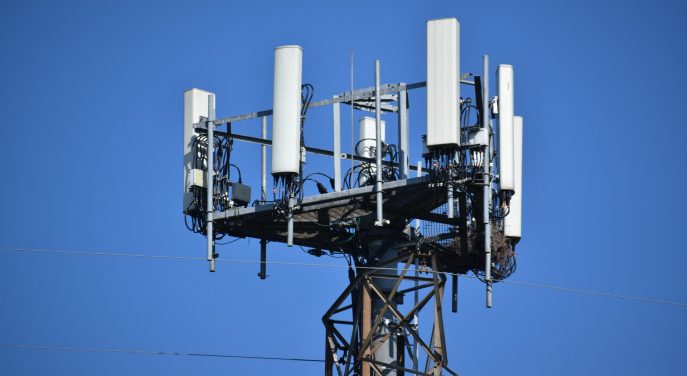
What does the 5G network even mean? In short, significantly faster Internet. 5G is the successor to 4G, the network you are most likely using this very moment. 4G offers a maximum download speed of 100 Mbps (megabytes per second) while 5G could increase to 10 Gbps (gigabytes per second), meaning a hundred times faster. In addition, 5G means lower lag which means excellent new augmented reality (AR) and virtual reality (VR) features. All of that, even on your mobile phone.
Imagine. You go online to FPS, MMORPG, competitive racing games, or even if you want to have some more casual fun and play online slots – and there is no lag. Now add VR and AR into the picture. The experience could be so immersive, from the sound of spinning reels to loud beeps and chimes. Just thinking about it gets the blood flowing. All while you are on your phone driving in the subway to work. Doesn’t that sound like a nice change?
Lag
The first effect 5G will introduce (and a pretty obvious one) is increased download and upload speed. In most competitive gameplay, the problem isn’t the download speed (consistently higher) but the upload speed. There is a difference between you pressing the key and the action taking place in-game. Most people experience a 50 ms lag, which can go as low as 20ms depending on their internet connection. With 5G, the lag could go down to only 2ms.
Virtual and augmented reality
The low lag levels of 5G gaming will also go hand in hand with more developments in AR and VR-related games. It will allow for augmented or virtual multiplayer experiences currently just impossible given today’s state of technology. With improvements in the standalone VR headsets, users will connect to virtual gaming worlds and enjoy themselves with other VR users. No lags. No limits on what you experience.
You see that with this new technology, games will be almost indistinguishable from reality. With its low lag and speed, increased processing power in the cloud, 5G will free VR headsets from most physical constraints like cords and result in incredibly realistic graphics. It won’t be “virtual reality.” It truly will become your reality for a few minutes (or hours).
Mobile games and streaming
Imagine Netflix, but for streaming video games. With interest in gaming and esports on the rise and with the rise of streaming services, 5G is the necessary ingredient to make video game streaming an uninterrupted and seamless experience the modern customer demands. Watching games will be the same as watching games, movies or sitcoms.
Also, you probably noticed the rise of mobile – well, anything. Everything is on our phones, and they are occupying an increasingly more prominent part of our lives. Smartphones have become such a standard part of our daily lives; it seems impossible to imagine our lives without them. Yet because of their slower processing and internet speed limits, the experience for more complex mobile games isn’t always a pleasant one. What could change that? You guessed it, 5G.
Besides improving internet speeds at home, 5G will also improve the internet speeds of your mobile device. Today, many mobile games require an in-game internet connection for in-app purchases, score tracking, and online multiplayer battles. All this often overloads the phone, making the game laggy and increasing wait times. 5G would significantly decrease all of that.
This content is a joint venture between our publication and our partner. We do not endorse any product or service in the article.
